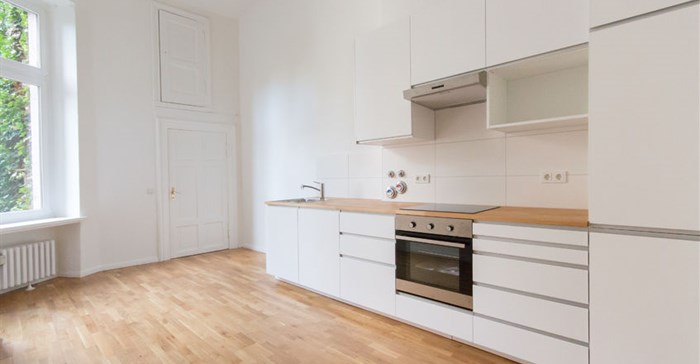
Top stories





Energy & MiningGlencore's Astron Energy gears up with new tanker amidst Sars dispute
Wendell Roelf 13 hours

More news

















Logistics & Transport
Uganda plans new rail link to Tanzania for mineral export boost











He notes that while the banks may require up to 40% of the purchase price as a deposit when you purchase a buy-to-let property, you can reduce the amount of cash you need to get started by buying a smaller, less expensive unit.
“If you’re already a homeowner, you could also consider using some of the equity in your property to help you buy a small rental unit. Or you could pool resources with friends or family members – as long as you have a proper legal agreement in place that details your contributions, how the property will be run and how any profits are to be divided.
“And, with rental demand set to rise substantially in the coming months due to the declining economic situation, we believe that now is a very good time for anyone who can afford to invest in buy-to-let property to do so without delay.”
What is more, he notes, the latest FNB Property Barometer statistics indicate that you stand to make a much better capital return if you invest in smaller properties, because the average price of such homes is currently rising at a rate of around 12,5% a year, while that of medium size properties is only growing by around 6,6% a year and that of large properties by around 4,5% a year.
“As for demand, which is really the most important factor when it comes to investing in rental properties, there is currently much higher and rising demand for smaller units than for large properties. On the one hand this is coming from young people who have just started working and are setting up their own homes for the first time, and on the other from the many families and older people who are downsizing from larger homes now to save on rent as well as their water and electricity bills and other running costs.”
It is interesting to observe, says Clarke, that a major trend among both these groups of potential tenants is a desire to cut down on commuting and live closer to their workplaces, and preferably within walking distance of shops, schools and leisure amenities if at all possible.
“And fortunately, there are quite a number of areas with small units that are in high demand and achieving good rentals with relatively low default rates. And these are still available to buy at very reasonable prices that are affordable for first-time investors.”
However, Clarke notes, price should not be the only consideration for first-time investors. “There are many other factors to take into account, including the condition and finances of the complex if it is sectional title, the security and popularity of the area and the recent performance of local property values. So new investors are advised to seek help from a qualified, experienced and ethical estate agent before they commit to any purchase.
“They should also be aware that there is a greater risk of rent default in the under-R3000 a month category, and ensure that all prospective tenants are properly credit-checked and have paid their deposits before being allowed to occupy their rental units. The help of a good managing agent or agency is invaluable in this regard.”